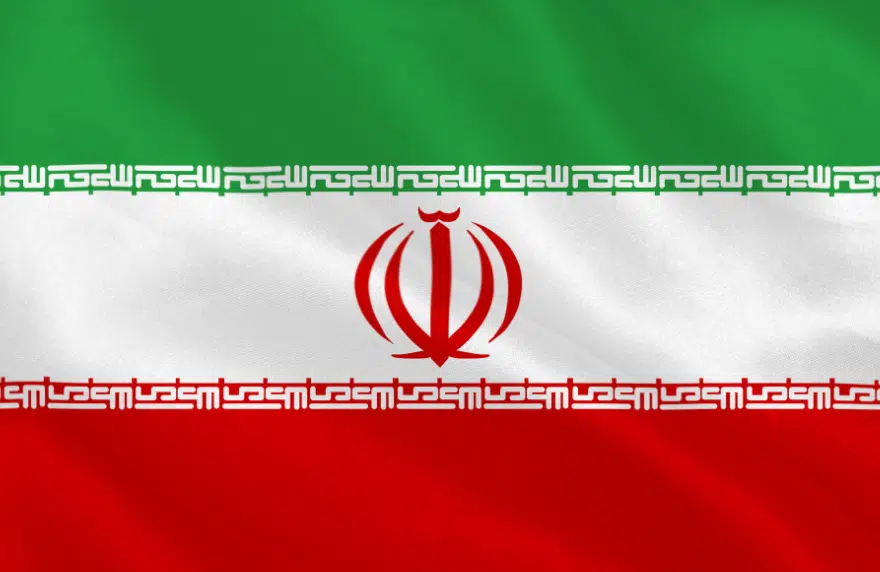Containing Iran is in the interest of neither the US nor its allies in the region, Willem Oosterveld argues in a letter published in the Financial Times today in response to an op-ed by former US Undersecretary of State Nicholas Burns. If anything, Mr Oosterveld says, what is needed now is to gradually bring Iran back into the international community, both for its own sake and for the sake of building bridges to its old adversaries, near and away.
Throughout the negotiations, US and Iranian counterparts have had ample opportunity to acquaint themselves with one another, so for the US to give Iran the cold shoulder now would send the wrong signal not just to the leadership in Tehran, but also to the Iranian people in particular.
Finally, Saudi Arabia and Israel may not trust the US to take their interests into account when engaging with Iran. This is one more reason why, rather than pursuing containment, the US should extend further security reassurances to its regional allies where needed, and at the same time prepare them for engaging with Iran in a constructive way in the long run.
The article in the Financial Times can be read here with subscriber access

